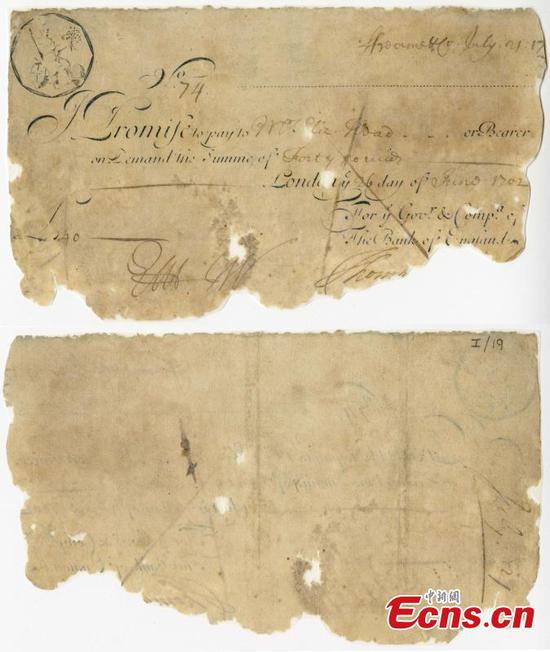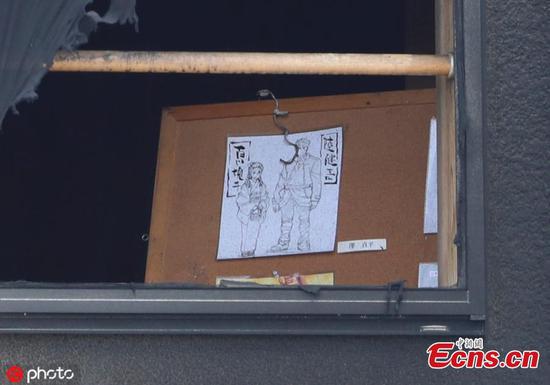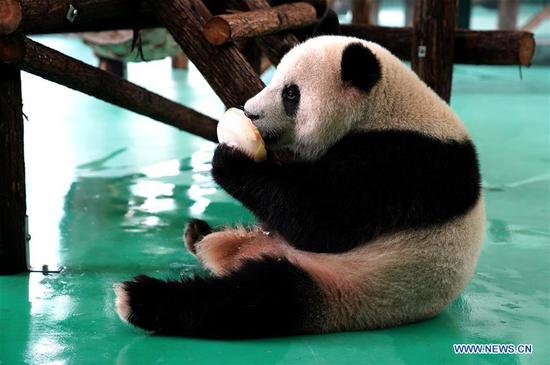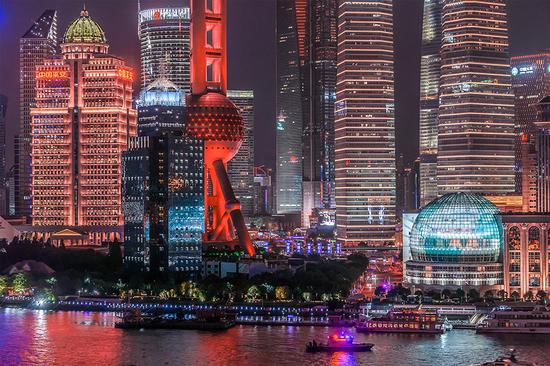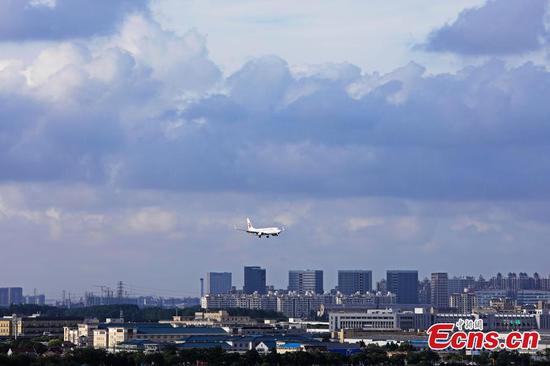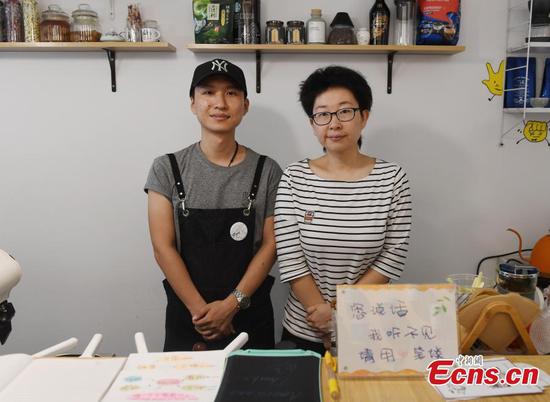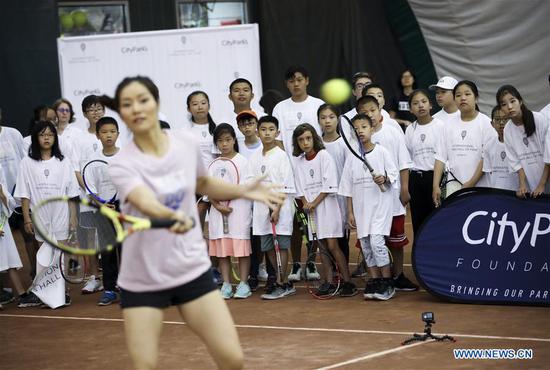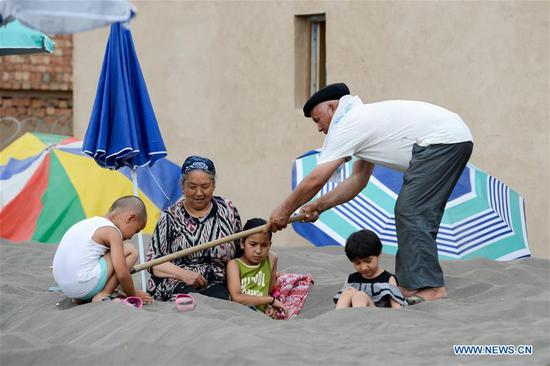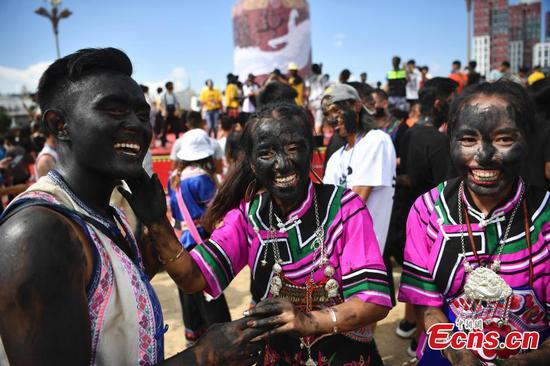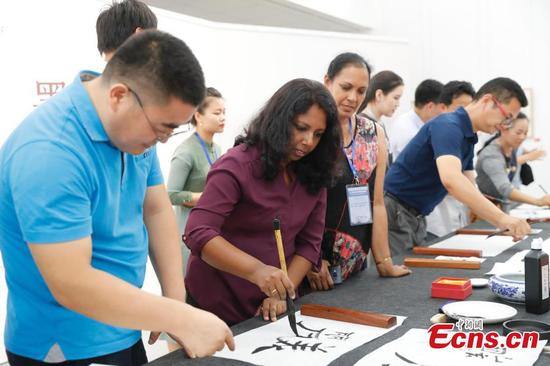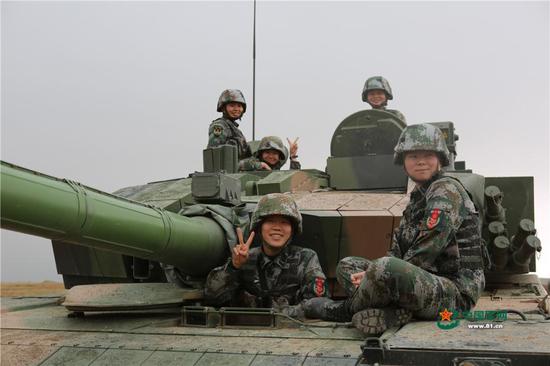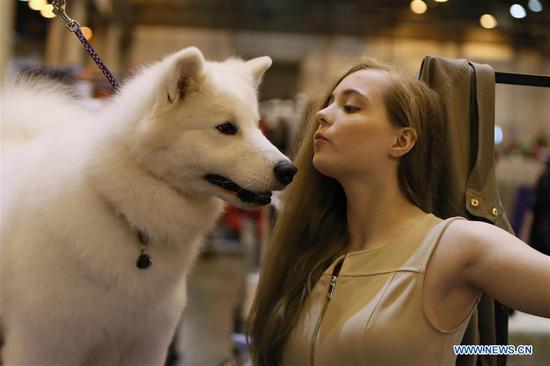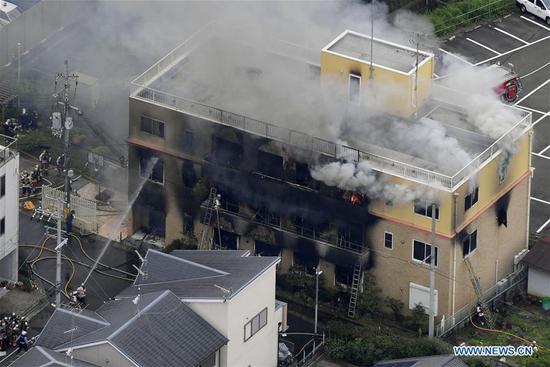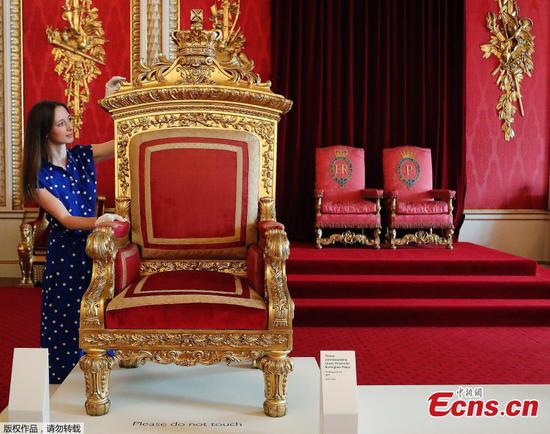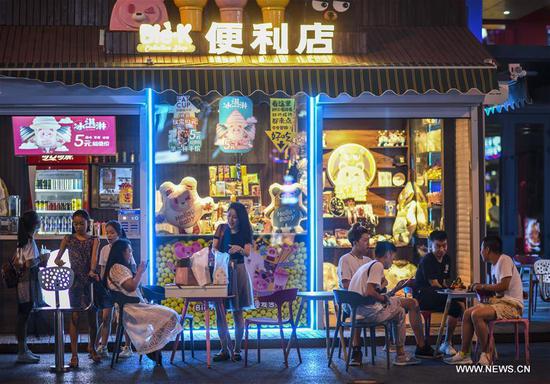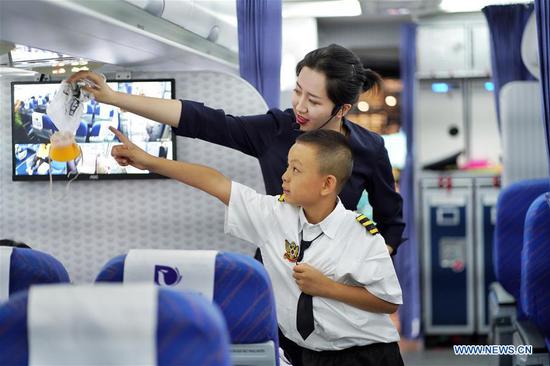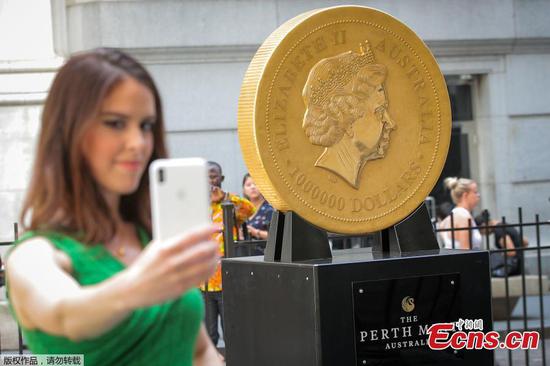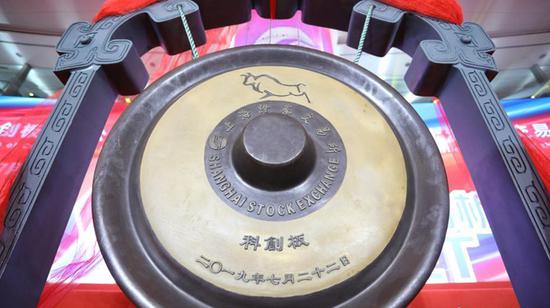French fashion house Christian Dior on Sunday announced to launch its e-commerce website in China. Experts noted the Chinese market still holds great potential for global luxury brands amid the sluggish international economy.
On its Chinese e-commerce platform, Chinese customers can purchase ready-to-wear items as well as accessories from collections for women and men, Dior tweeted on Sunday.
Experts said that China's first-tier cities have great consumption ability, adding that the appetite for luxury products in lower-tier cities is also accelerating.
During a recent promotion season in June, the turnover of luxury goods increased by more than 1.3 times on a yearly basis on China's leading e-commerce platform, Alibaba's Tmall, jiemian.com reported on June 24, citing data from Tmall.
The growth rate of luxury product consumption in third- to sixth-tier cities was 18 percent higher than first- and second-tier cities, said the report.
"I prefer to buy luxury products online, since shopping in offline shops that are outside of my city is quite time-consuming," a customer living in a third-tier city in Central China's Henan Province told the Global Times on Sunday.
"China has become a more and more mature market for global luxury brands," Yang Qingshan, expert with the luxury research center of the University of International Business and Economics, told the Global Times on Sunday.
According to a report released in January by Bain & Company, a US-based management consulting firm, Chinese accounted for 33 percent of the global personal luxury goods market in 2018, and the proportion is expected to be 46 percent in 2025.
To cater to a more mature Chinese market, foreign luxury brands started to roll out corresponding promotion strategies. Setting up online stores has been one of the steps, given that Chinese customers' online shopping for luxury goods has shown a rising trend, Yang said.
Global Times reporters found that many renowned luxury brands have already established online stores in China, including Gucci, Prada and Louis Vuitton. Hermès only has two e-commerce websites in Asia, one in China and one in Japan.
Moreover, foreign luxury brands' experience of losing the Chinese market has been a lesson, experts noted.
For example, Italian brand D&G is still suffering from a racist video that insulted China last November, as Chinese people didn't accept its insincere apology, Bloomberg reported. The brand was removed from online retailers in China such as Alibaba's Tmall and JD.com after the event.
Data from D&G's February show in Milan, Italy demonstrated a decrease of $8 million worth of exposure on social media and press on a yearly basis, said the report, citing data from fashion consultant Launchmetrics.
"To ensure a smooth operation in overseas markets, luxury brands need to respect local culture and abide by local laws and regulations," Yang said.











